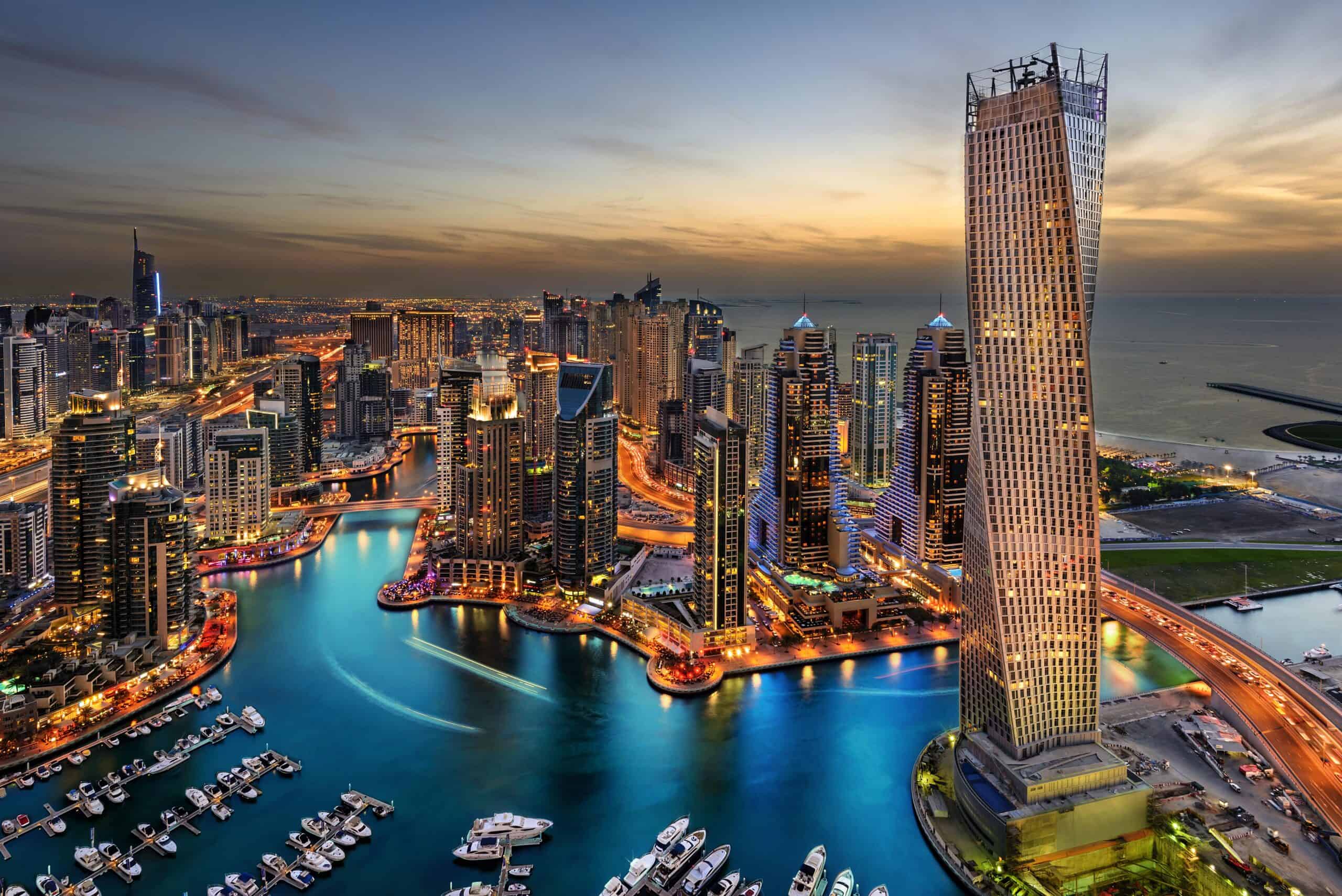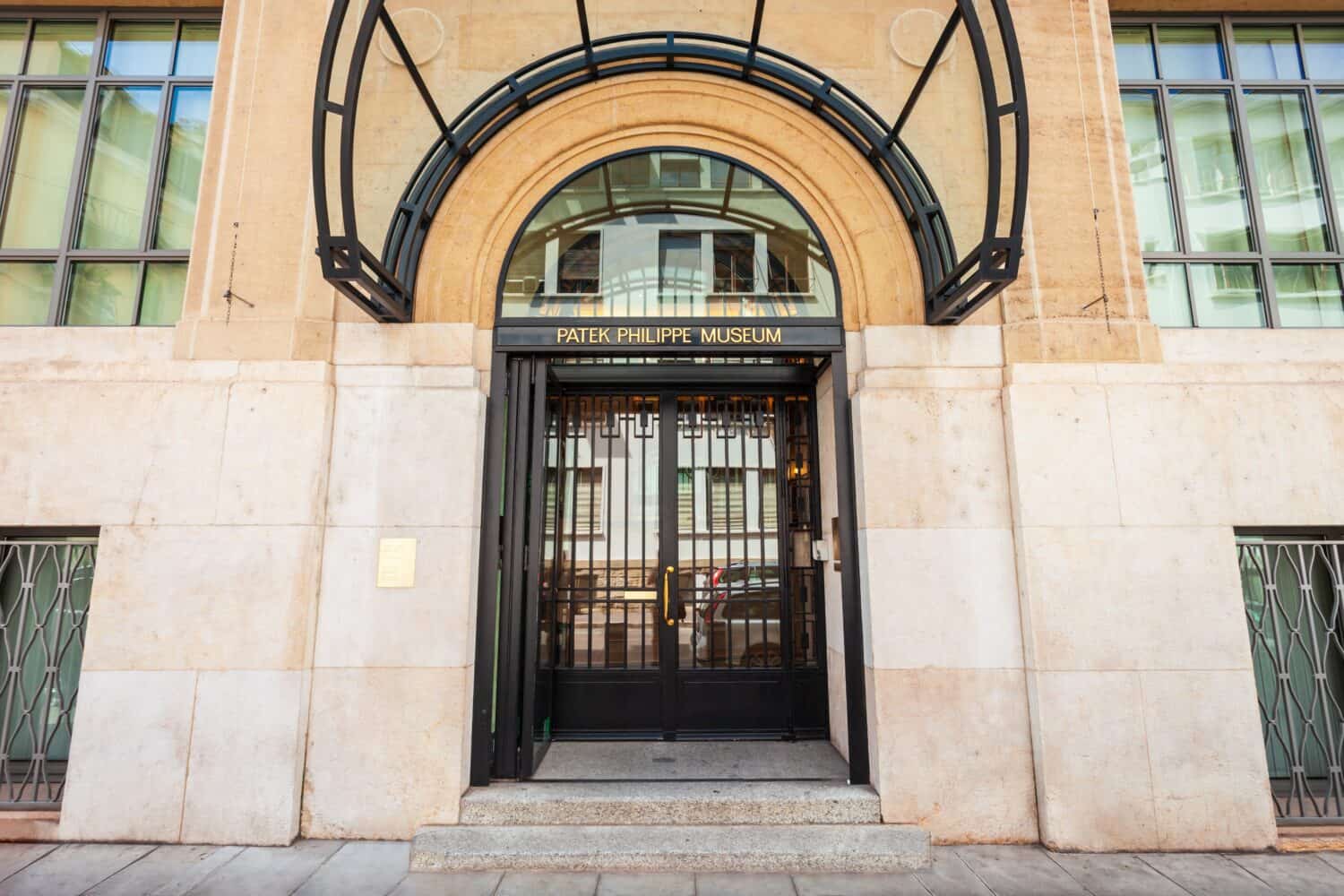Travel
Bring Your Credit Card If You're Going to Visit These Most Expensive Cities in the World

Published:

24/7 Wall St. Key Takeaways:
If you’re planning to visit any of the world’s most expensive cities, prepare to bring your credit card—and plenty of flexibility in your budget. These high-cost cities, ranked according to Mercer’s 2024 Cost of Living Survey, range from global financial hubs like Dubai to tourist hotspots like the Bahamas.
Each city is costly in a different way. Some have high transportation costs, while others a seriously lacking hotel rooms. Either way, each of these cities is quite costly to visit.

Planning for vacation financially is important to ensure your finances are still in order when you return home. That means knowing the cost of visiting certain cities, as prices can vary widely around the world. Here are the cities you may want to budget a bit extra for!

Dubai is known for its luxury lifestyle, including expensive rent, premium important goods, and a focus on high-end dining. Visiting Dubai can be very expensive, though those living there have tax-free salaries, which offsets their costs.

It may be surprising to see Bangui on this list, but it’s high cost is mostly due to scarcity. There just aren’t many imported goods available, making everything much more expensive. Basic items are priced high.

San Francisco’s tech boom has made it one of the most expensive U.S. cities, with extremely high housing prices and a premium on dining and entertainment. Visiting the city is very expensive, and most who work there look for housing outside of city limits.

Hawaii is notoriously expensive, as everything must be shipped in. Honolulu is very expensive, too, with high food prices. Housing is also very steeply priced, along with hotels rooms.

As Denmark’s capital, Copenhagen’s cost of living is driven by high taxes on goods and services, high-quality healthcare, and welfare. However, efficient public transport can reduce commuting expenses for residents and visitors.

Los Angeles is extremely expensive to visit and live in. It has many luxury dining and entertainment options, which raise prices even more. The city is very sprawling, leading to increased transportation costs, too.

The island life in Nassau comes at a premium. Most goods are imported and heavily taxed, leading to high prices. Plus, the tourism-driven economy means that services and activities are more expensive, too.

London is exceptionally expensive to stay in. Hotel costs are high, along with public transportation, dining, and entertainment. The strong pound also adds to the cost for international visitors.

NYC’s appeal as a cultural and economic powerhouse makes it one of the priciest cities in the U.S. Just about everything expensive, including hotel rooms, transportation, and dining. Of course, the exact price varies throughout the city.

As the capital, Bern’s costs are lower than Zurich or Geneva. However, visiting Bern is still very expensive. Hotel rooms are pricy, and the cost of everyday good is steep. Bern still has a close association with luxury goods, too, including Swiss watch brands.

You may notice a pattern with these last few cities. (Spoiler alert: many are in Switzerland!) Basel’s location near the borders of France and Germany adds to its unique but costly appeal. It’s a rather popular spot to visit, which has led to very high prices.

Geneva’s appeal as a global diplomatic center contributes to its high living expenses, even for visitors. Fine dining and luxury goods are common but very expensive.

Zurich is a financial hub, but this has led to a very high cost of visiting (or living). Switzerland also has a strong economy, leading to even more costs for international visitors.

Singapore’s cost of living is driven by pricey imported goods, high housing costs, and the value placed on premium healthcare and education. The city does have some great public transportation, but that does little to offset the high price of visiting.

Hong Kong is a hub for business and entertainment. Therefore, there is a high demand for just about everything. This demand leads to high prices for visitors and residents alike.
Start by taking a quick retirement quiz from SmartAsset that will match you with up to 3 financial advisors that serve your area and beyond in 5 minutes, or less.
Each advisor has been vetted by SmartAsset and is held to a fiduciary standard to act in your best interests.
Here’s how it works:
1. Answer SmartAsset advisor match quiz
2. Review your pre-screened matches at your leisure. Check out the advisors’ profiles.
3. Speak with advisors at no cost to you. Have an introductory call on the phone or introduction in person and choose whom to work with in the future
Thank you for reading! Have some feedback for us?
Contact the 24/7 Wall St. editorial team.